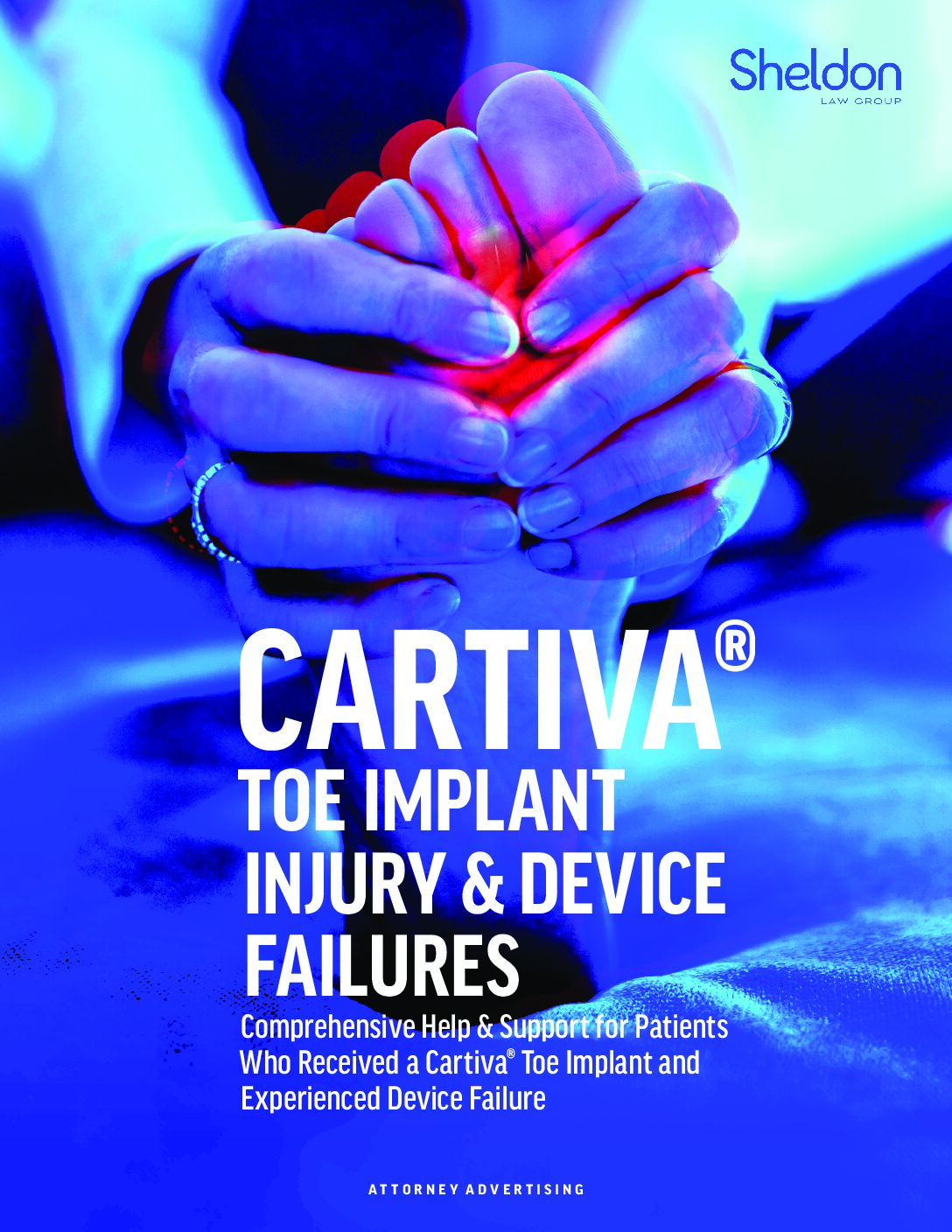Benefits of Cartiva SCI
The Cartiva SCI offers an alternative to the standard of care, which involves fusing the bones in the foot with screws and plates. While this method effectively addresses pain from the arthritic joint, it also permanently stops it from moving. The Cartiva SCI, on the other hand, replaces damaged cartilage, relieving pain while maintaining joint function.
FDA Approval
The FDA granted pre-market approval for the Cartiva SCI on the grounds that it was “substantially equivalent” to the existing fusion surgery technique. This process is a shortcut that avoids full FDA review before approval.
Substantially Equivalent
The FDA considers two devices substantially equivalent if they share similar characteristics in:
- Intended use: Both Cartiva implants and fusion surgery aim to address similar toe joint problems.
- Design and materials: Both use biocompatible materials and aim to restore joint function.
- Safety and effectiveness: Clinical trials demonstrated Cartiva’s efficacy and safety comparable to fusion surgery.
Clinical Trials
The approval of the Cartiva SCI was backed by a randomized, multicenter, 236-patient clinical trial. The trial compared outcomes from patients who received the SCI with patients who underwent fusion. The SCI group posted significant improvements in pain reduction, function in sporting activities, daily living activities, and increased range of movement from their baseline.
Approval Process Concerns
Despite the controversy, Cartiva implants are still approved and used in thousands of procedures. However, ongoing lawsuits and research raise questions about their long-term effectiveness and potential complications, like implant shrinkage or migration.
If You Suffered Complications After Receiving a Cartiva Toe Implant, We Can Help.
If you have suffered from complications after receiving a Cartiva Toe Implant, contact us now. We are fighting to protect the rights of patients allegedly injured by Cartiva toe implants and hold the device makers fully accountable for putting profits above the health and well-being of patients.
Patients who received a Cartiva toe implant and were forced to have revision surgery to remove or replace the device, may be entitled to significant financial compensation. Contact us now to learn more about your rights and whether you are entitled to compensation.




